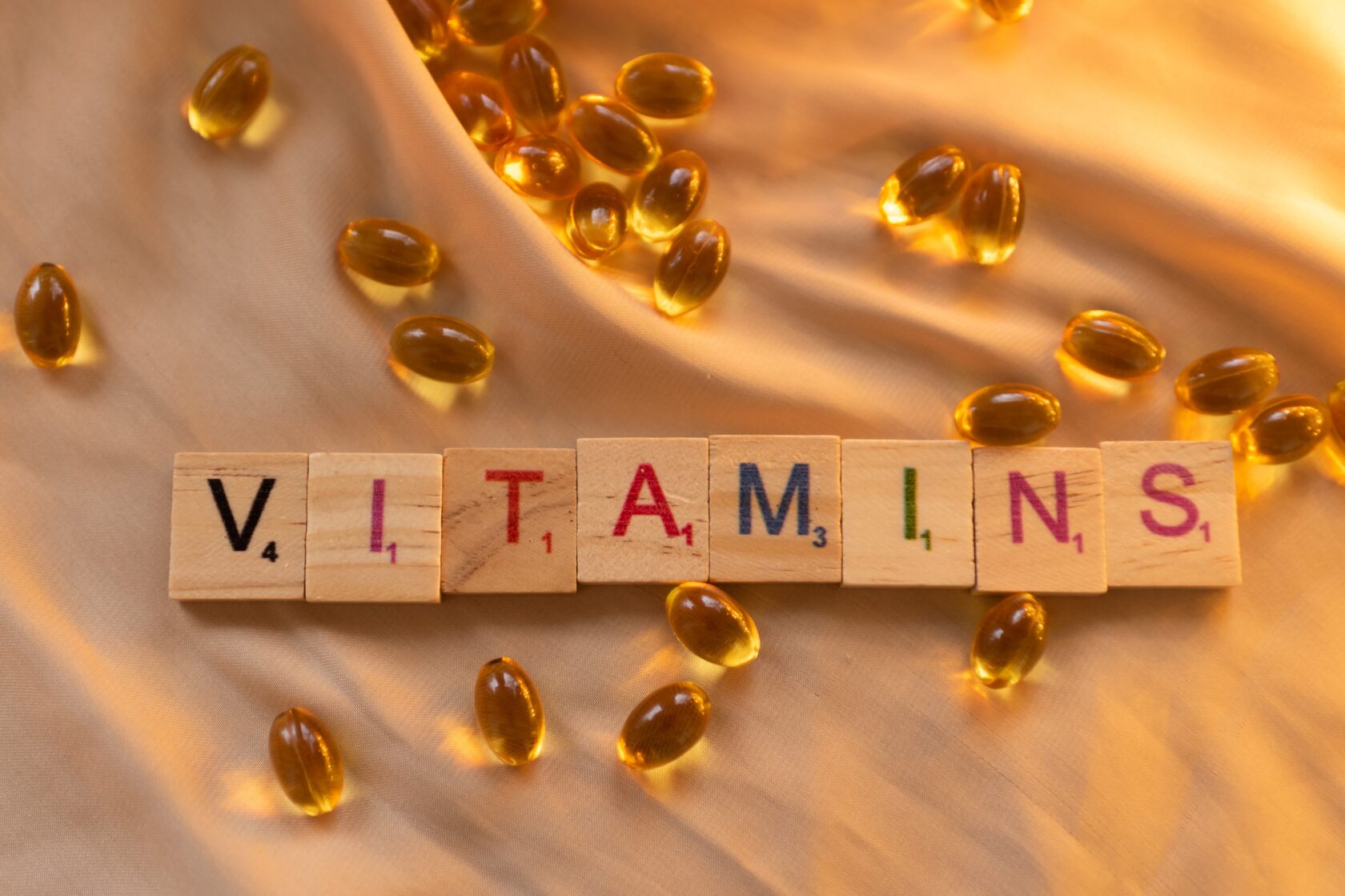Breastfeeding is a crucial period in the life of both a woman and her newborn, requiring special attention to nutrition and ensuring the body receives necessary vitamins and minerals. Breast milk is the primary source of nutrition for infants, and its quality largely depends on the mother's health. In this article, we will explore the vitamins and supplements important for women during breastfeeding, their roles, and sources.
Vitamins
Vitamin D
Role: Vitamin D is essential for bone and teeth health as it aids in calcium absorption. For breastfed infants, vitamin D is particularly important in preventing rickets.
Sources: Major sources of vitamin D include sunlight, fish oil, fatty fish (salmon, mackerel), egg yolks, and fortified foods (milk, juices).
Recommendations: Breastfeeding women are recommended to take an additional 600-800 IU of vitamin D per day, especially in regions with low sunlight exposure.
Sources: Major sources of vitamin D include sunlight, fish oil, fatty fish (salmon, mackerel), egg yolks, and fortified foods (milk, juices).
Recommendations: Breastfeeding women are recommended to take an additional 600-800 IU of vitamin D per day, especially in regions with low sunlight exposure.
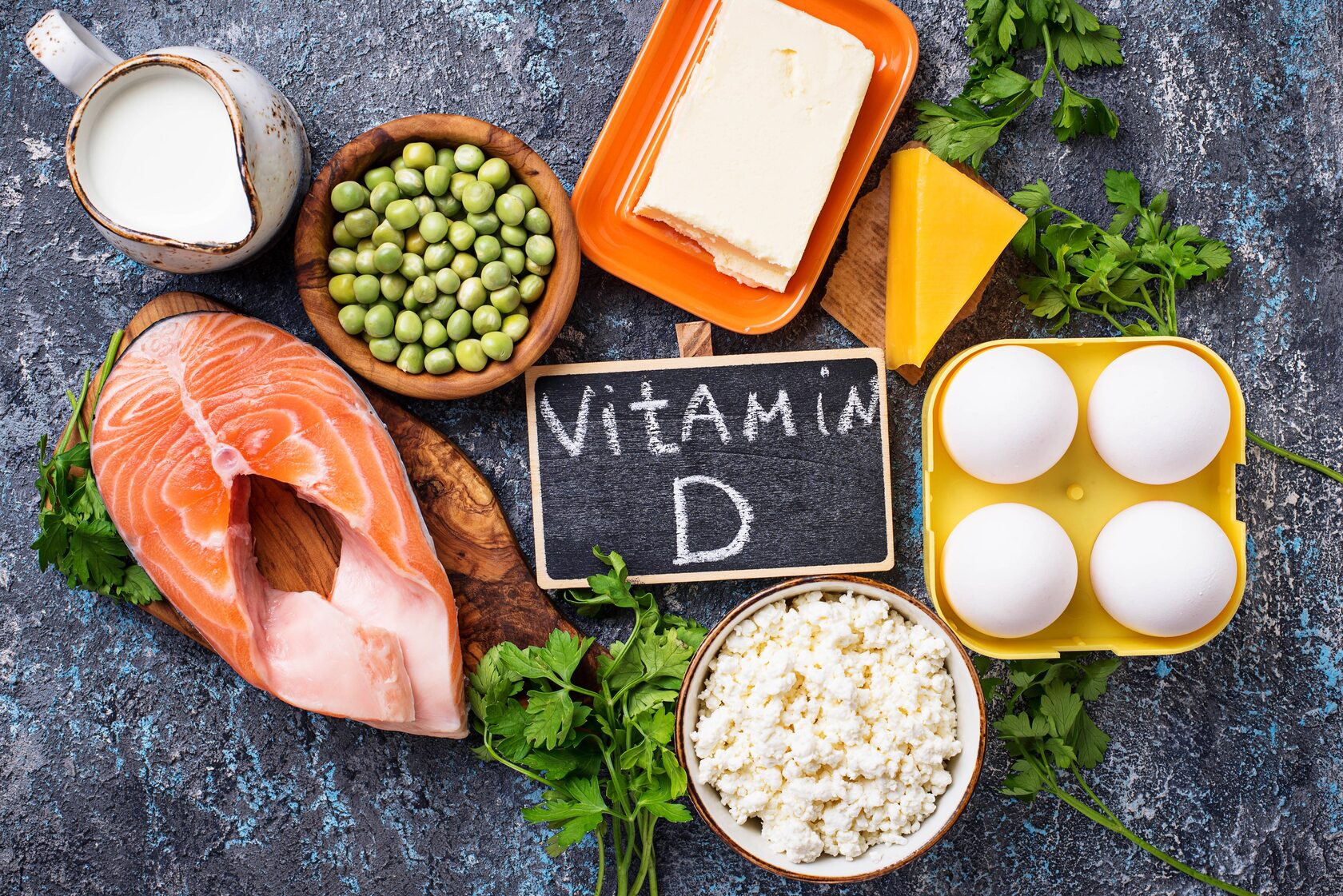
Vitamin B12
Role: Vitamin B12 is necessary for red blood cell production and normal nervous system function. Deficiency in breastfeeding mothers can lead to deficits in infants, causing neurological issues.
Sources: Major sources of vitamin B12 include meat, fish, dairy products, and eggs.
Recommendations: Women following a vegan or vegetarian diet should pay special attention to their vitamin B12 levels and consider supplementation.
Sources: Major sources of vitamin B12 include meat, fish, dairy products, and eggs.
Recommendations: Women following a vegan or vegetarian diet should pay special attention to their vitamin B12 levels and consider supplementation.

Folic Acid (Vitamin B9)
Role: Folic acid is essential for DNA synthesis and cell division, crucial for the infant's growth and development.
Sources: Leafy green vegetables, legumes, citrus fruits, whole grains, and fortified cereals.
Recommendations: Continuing folic acid supplementation at a dose of 400-600 mcg per day during breastfeeding is recommended.
Sources: Leafy green vegetables, legumes, citrus fruits, whole grains, and fortified cereals.
Recommendations: Continuing folic acid supplementation at a dose of 400-600 mcg per day during breastfeeding is recommended.

Vitamin A
Role: Vitamin A is important for vision, immune system, and cell growth.
Sources: Liver, fish oil, dairy products, eggs, as well as fruits and vegetables rich in beta-carotene (carrots, sweet potatoes, spinach).
Recommendations: Adequate intake of vitamin A for breastfeeding women is 1300 mcg per day.
Sources: Liver, fish oil, dairy products, eggs, as well as fruits and vegetables rich in beta-carotene (carrots, sweet potatoes, spinach).
Recommendations: Adequate intake of vitamin A for breastfeeding women is 1300 mcg per day.
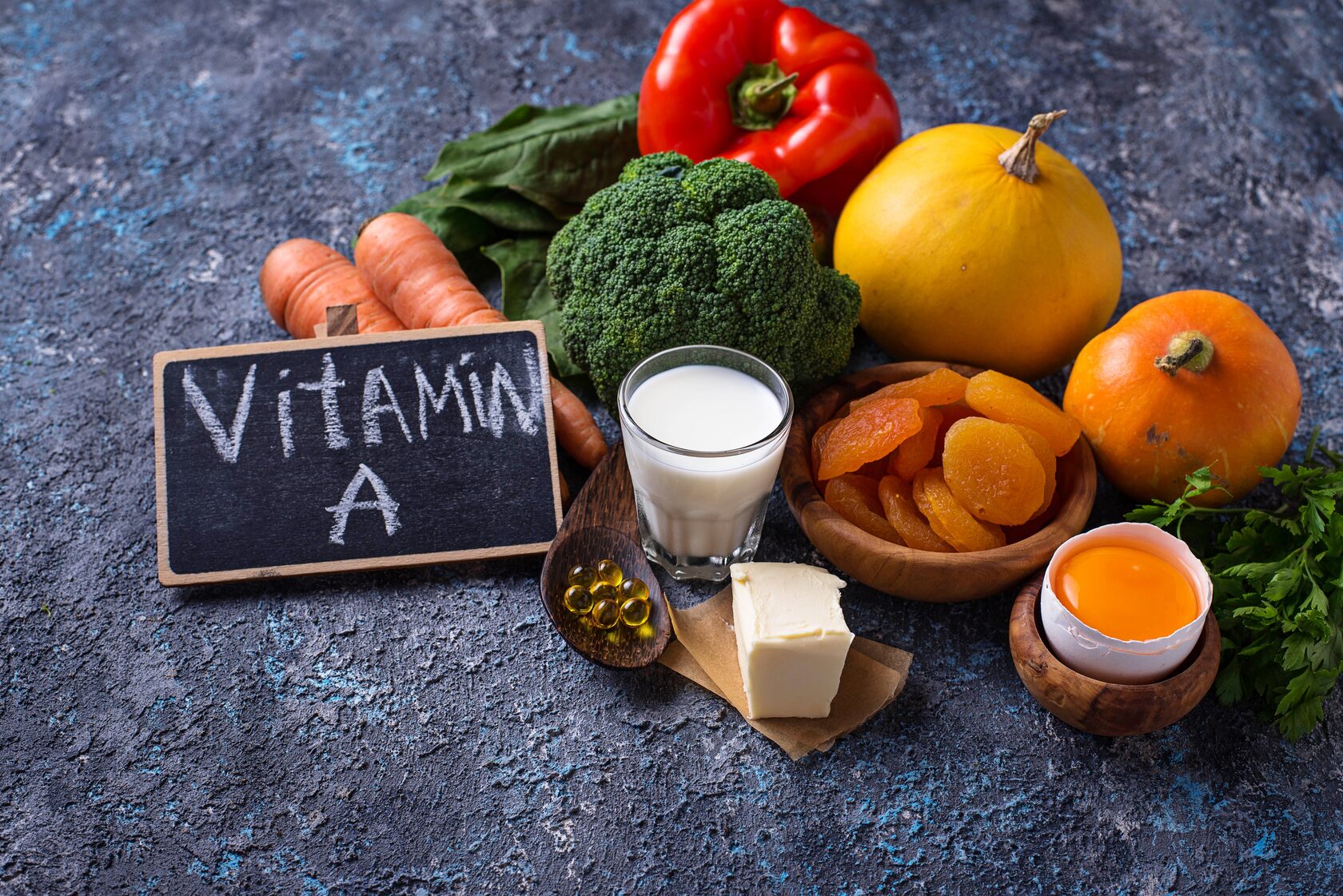
Vitamin C
Role: Vitamin C plays a crucial role in the immune system, wound healing, and iron absorption.
Sources: Citrus fruits, berries, tomatoes, bell peppers, broccoli.
Recommendations: The recommended dose of vitamin C for breastfeeding women is 120 mg per day.
Sources: Citrus fruits, berries, tomatoes, bell peppers, broccoli.
Recommendations: The recommended dose of vitamin C for breastfeeding women is 120 mg per day.
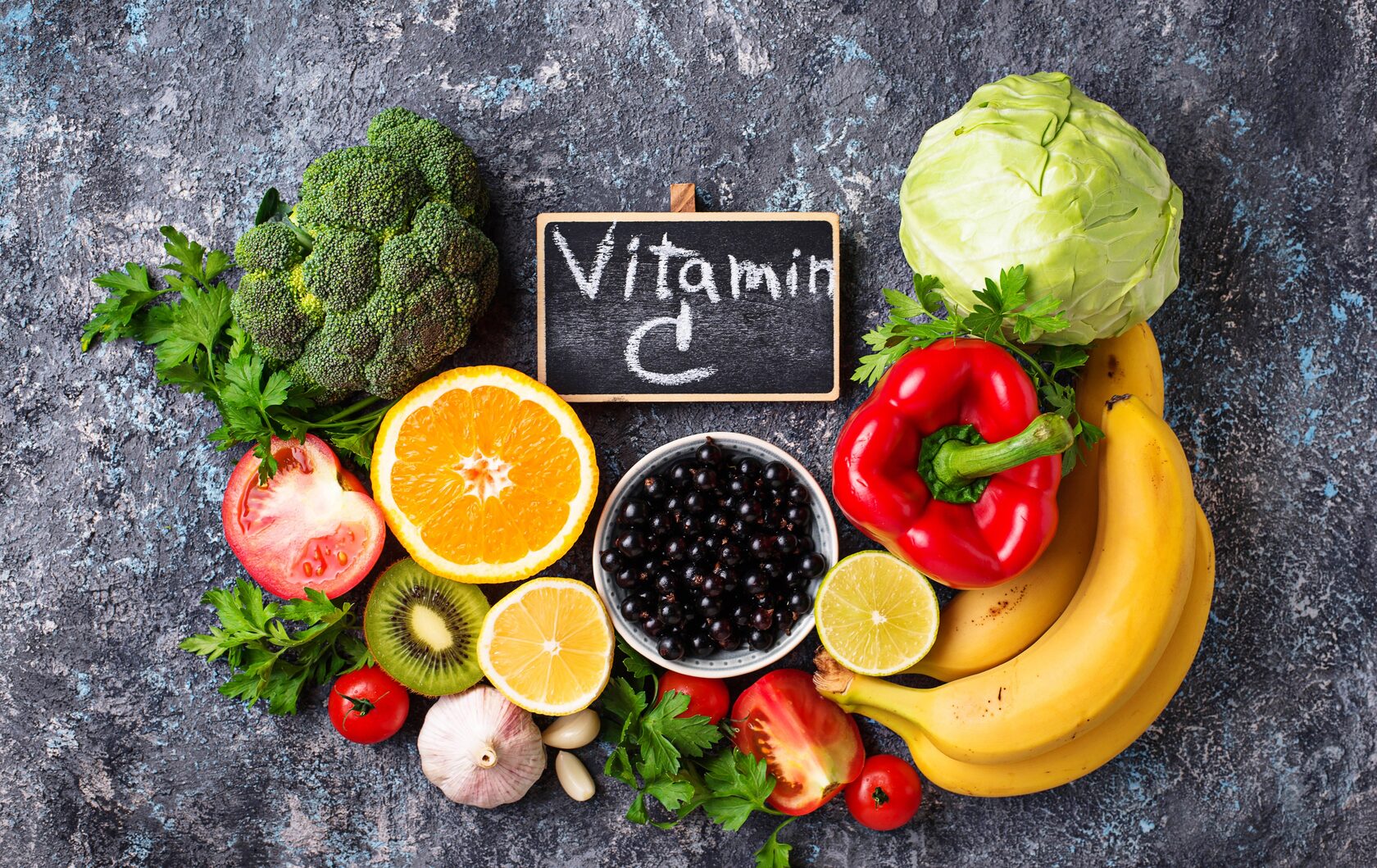
Minerals
Calcium
Role: Calcium is essential for bone and teeth health for both the mother and the infant during breastfeeding. The need for calcium increases during this period.
Sources: Dairy products, dark green vegetables, almonds, fortified soy products.
Recommendations: Breastfeeding women are recommended to consume 1000 mg of calcium per day.
Sources: Dairy products, dark green vegetables, almonds, fortified soy products.
Recommendations: Breastfeeding women are recommended to consume 1000 mg of calcium per day.

Iron
Role: Iron is important for preventing anemia, especially postpartum when iron levels may be low.
Sources: Red meat, poultry, fish, legumes, fortified cereals.
Recommendations: Breastfeeding women are recommended to consume 9-10 mg of iron per day.
Sources: Red meat, poultry, fish, legumes, fortified cereals.
Recommendations: Breastfeeding women are recommended to consume 9-10 mg of iron per day.
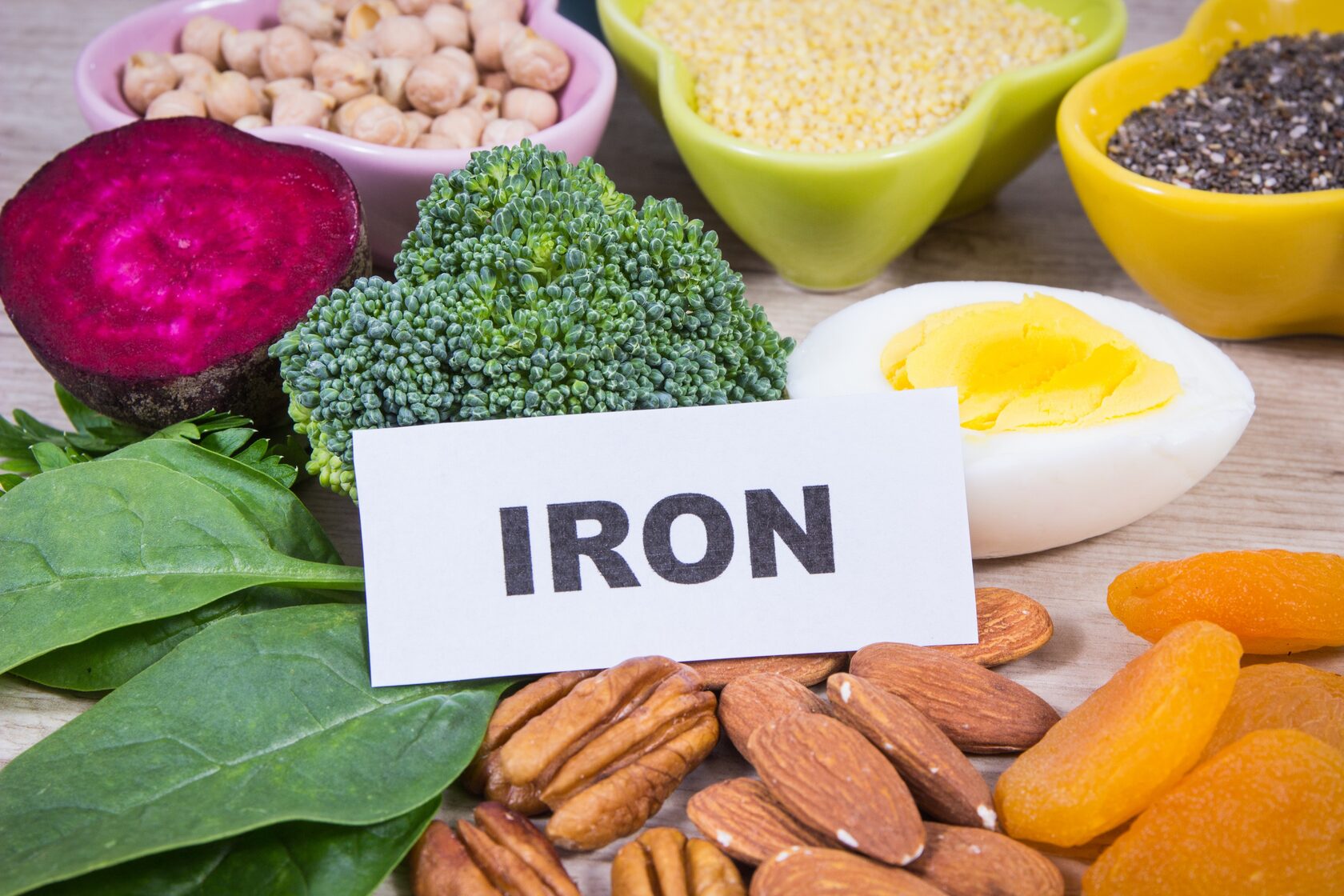
Iodine
Role: Iodine is necessary for the normal functioning of the thyroid gland and preventing brain development issues in infants.
Sources: Iodized salt, seafood, dairy products, eggs.
Recommendations: The recommended intake of iodine for breastfeeding women is 290 mcg per day.
Sources: Iodized salt, seafood, dairy products, eggs.
Recommendations: The recommended intake of iodine for breastfeeding women is 290 mcg per day.
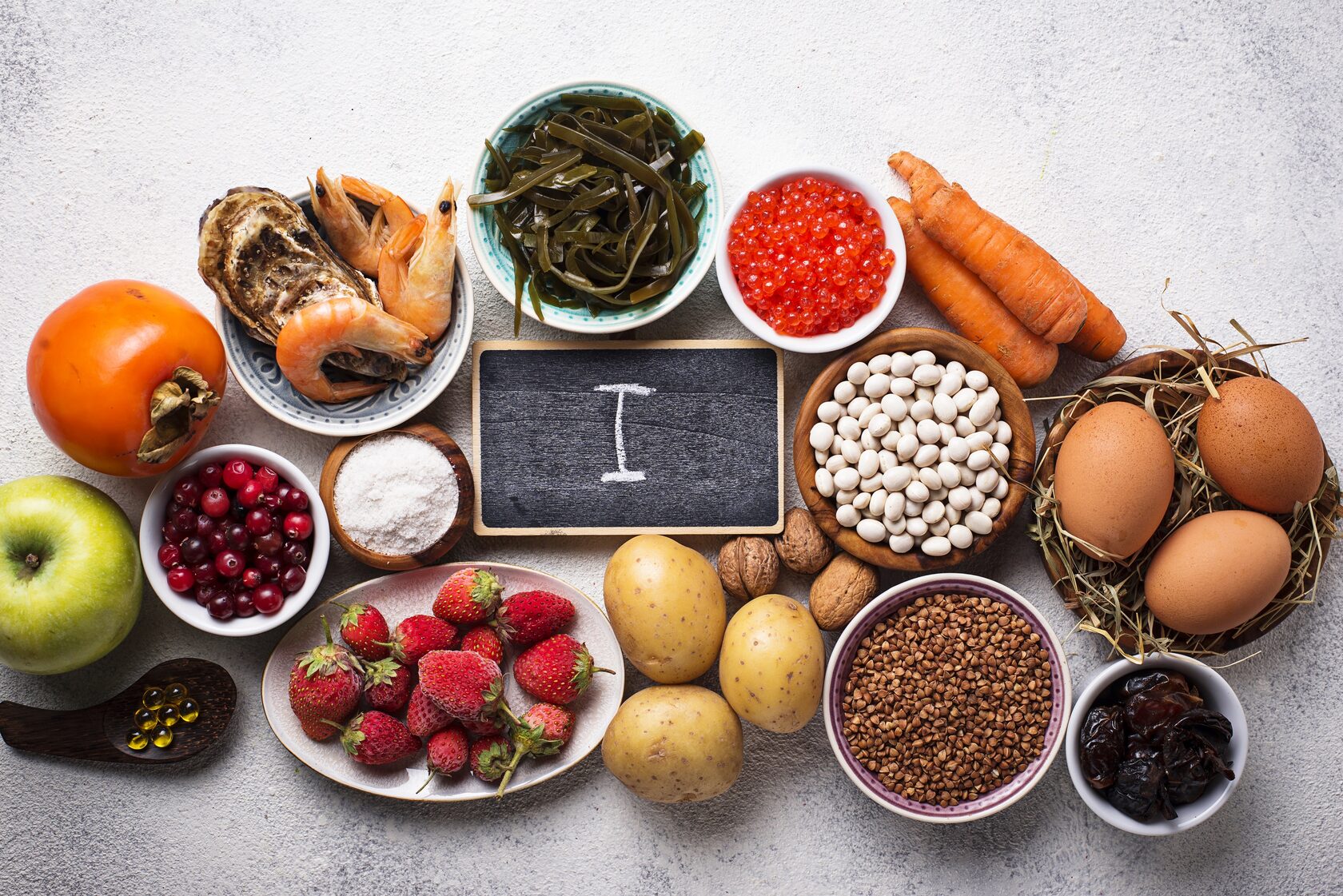
Omega-3 Fatty Acids
Role: Omega-3 fatty acids, particularly docosahexaenoic acid (DHA), are essential for infant brain and vision development.
Sources: Fatty fish (salmon, mackerel, sardines), flaxseed, walnuts, fish oil.
Recommendations: Breastfeeding women are recommended to consume 200-300 mg of DHA per day.
Sources: Fatty fish (salmon, mackerel, sardines), flaxseed, walnuts, fish oil.
Recommendations: Breastfeeding women are recommended to consume 200-300 mg of DHA per day.

Proper nutrition and adequate intake of vitamins and minerals are crucial for the health of women during breastfeeding and optimal development of their infants. Regular medical check-ups and consultations with a physician or dietitian can help devise a proper nutrition plan and incorporate appropriate supplements if needed.
